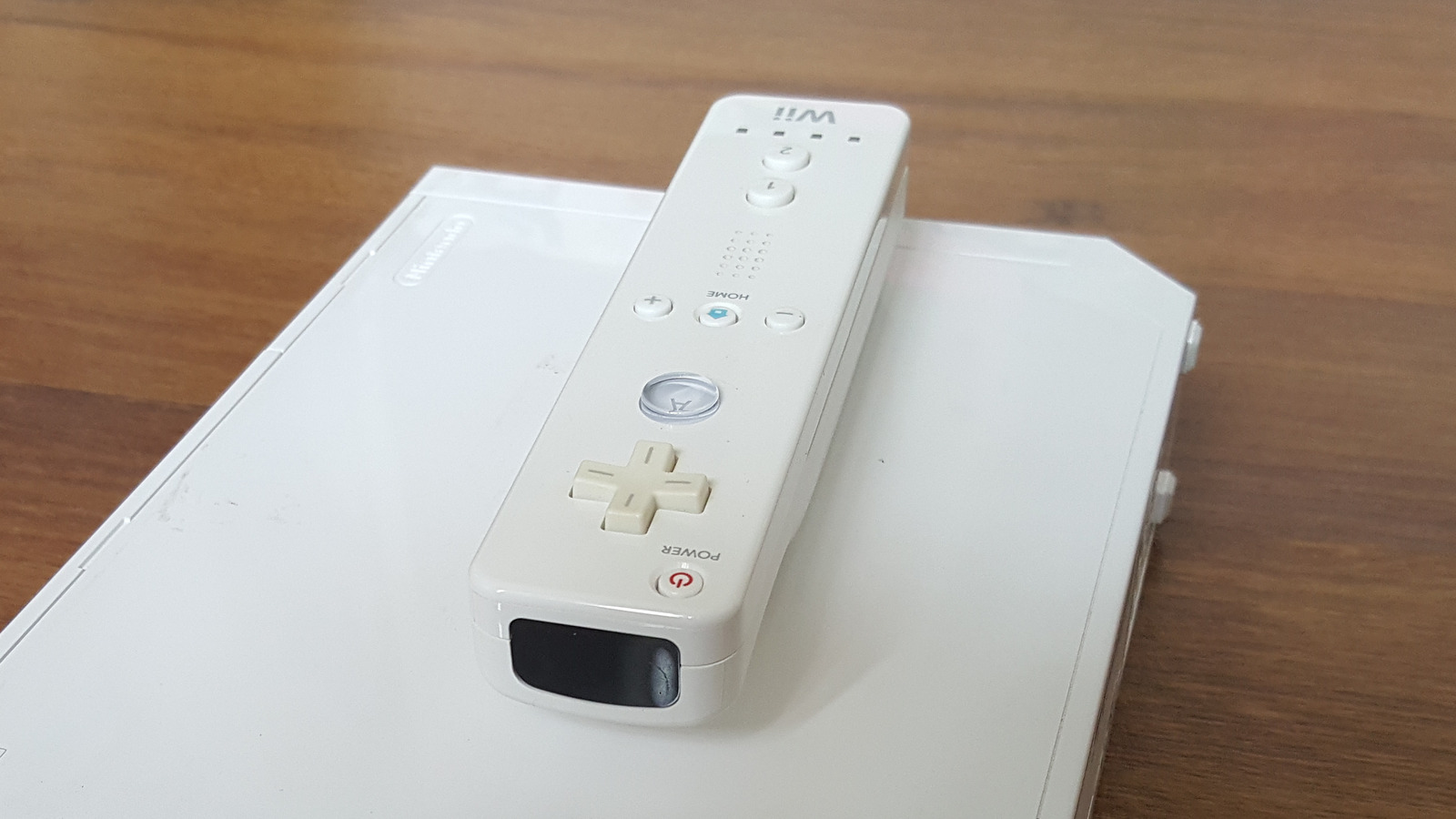
Inside of every Wii Remote sits a 16 KB EEPROM chip; 10 KB of that storage was dedicated to the function of the Wii Remote, including stuff like saved calibration preferences and connection data for peripherals like the Nunchuk. However, 6 KB of that storage was non-volatile, which means it wasn’t spoken for. If a game developer felt so inclined, it could make use of that data in tandem with its games. Of course, 6 KB of data was almost nothing by that generation’s standards, so developers weren’t exactly flush with opportunity. As such, the vast majority of the Wii’s library disregarded the feature.
However, there were a handful of games that actually made use of those 6 KB. The primary usage of that extra storage space was transporting user profiles and preferences. For instance, you could save Mii avatars to your Wii Remote and use them as profiles on a different Wii console, instead of having to remake your Mii from scratch.
In “Super Smash Bros. Brawl,” you could save controller preferences to your Wii Remote and use them right away on another copy of the game. Perhaps the most elaborate usage of the internal memory was in “Pokémon Battle Revolution,” wherein you could save your personal Battle Pass containing the data on your trainer’s name, outfit, phrases, and registered Pokémon. It wasn’t the most useful feature, especially in the online age, but it was still a nifty allocation of physical resources on the part of game developers.
Stay connected with us on social media platform for instant update click here to join our Twitter, & Facebook
We are now on Telegram. Click here to join our channel (@TechiUpdate) and stay updated with the latest Technology headlines.
For all the latest Automobiles News Click Here
